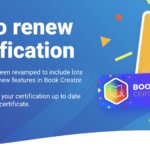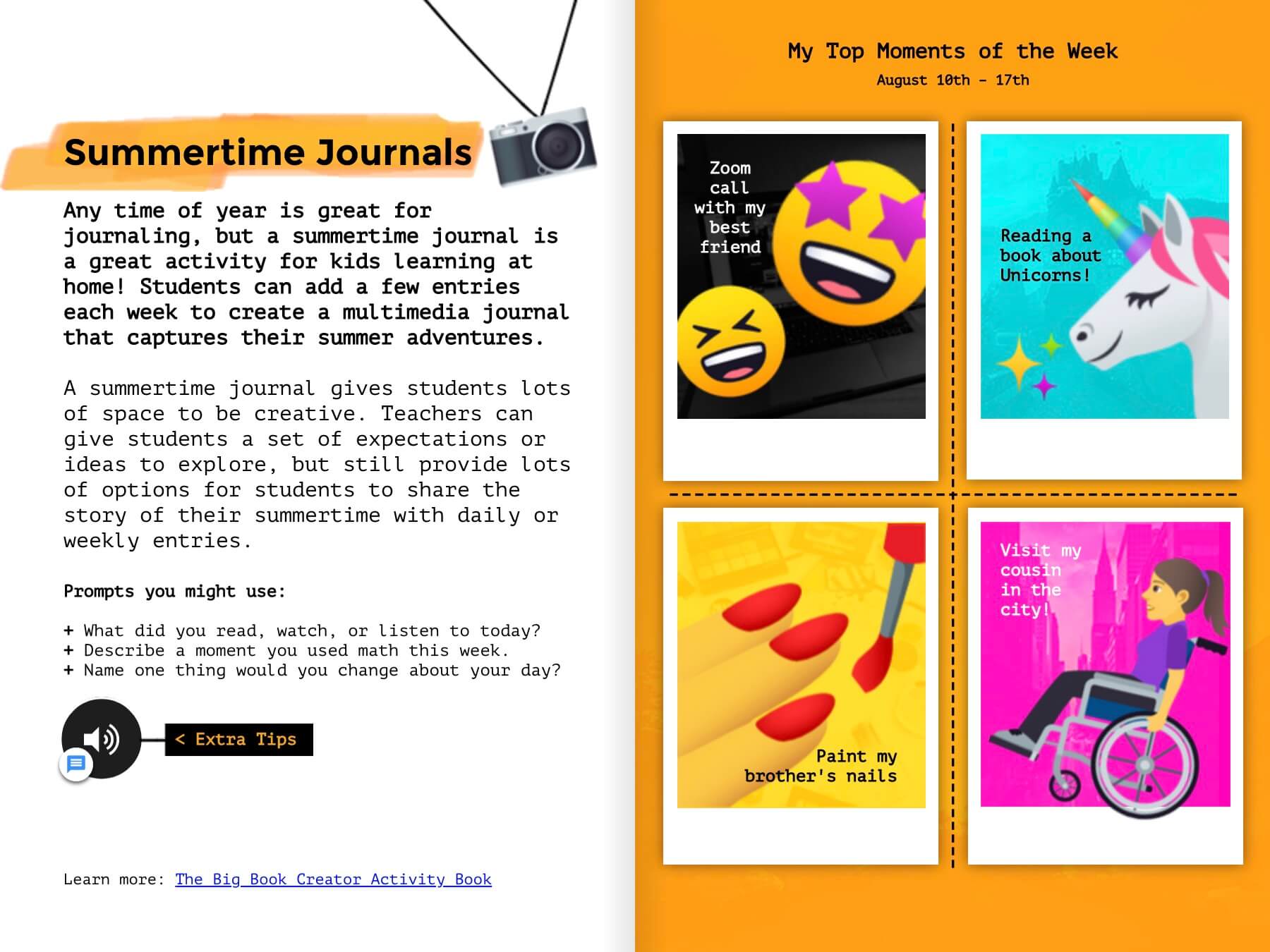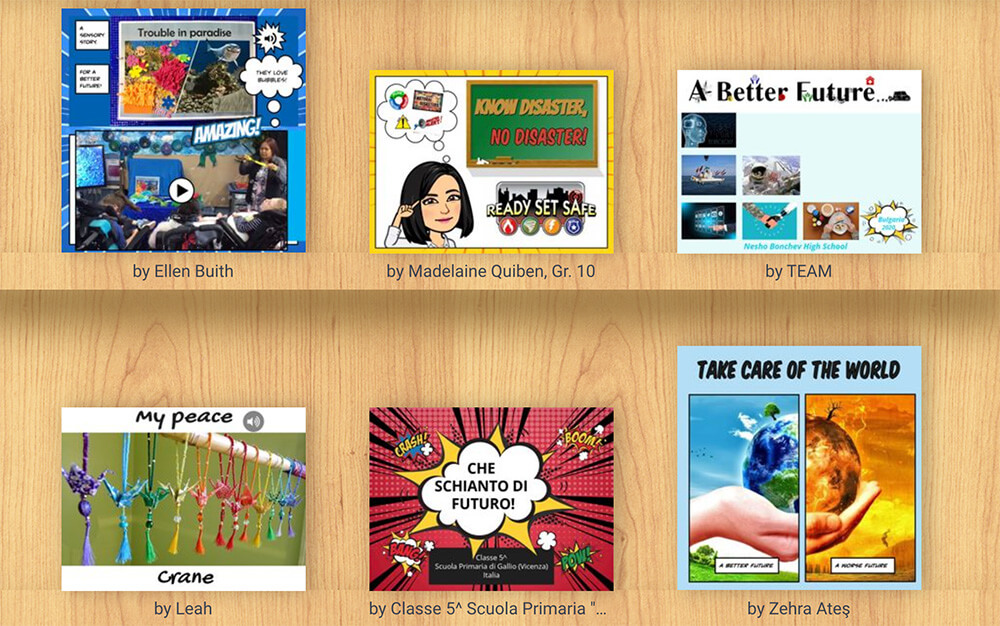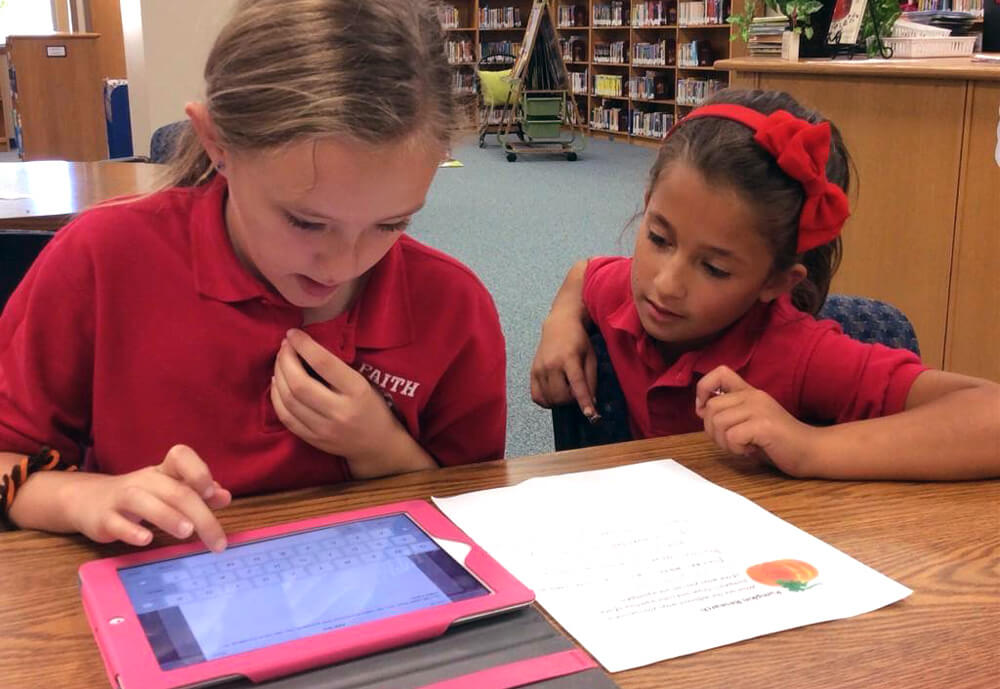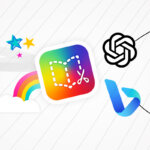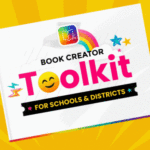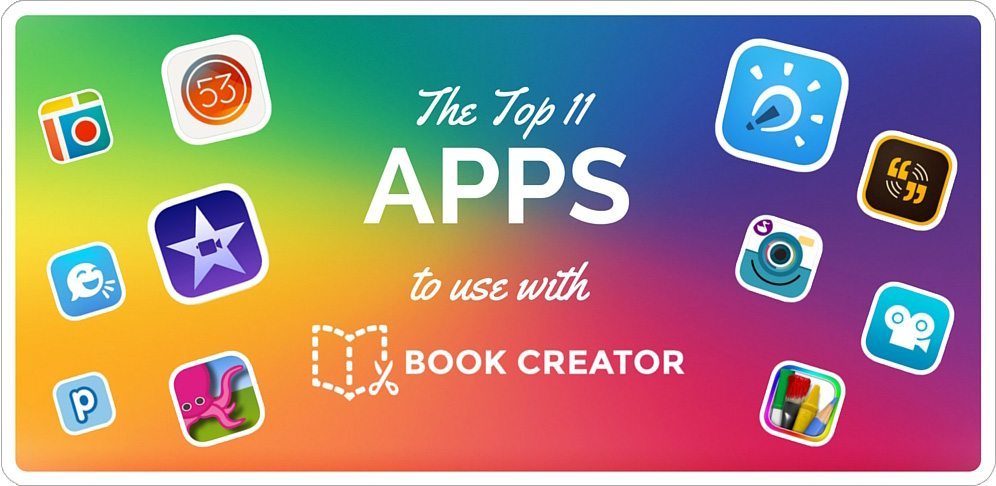AI, VR, creativity, equity and technology - a look back at the key things we learned from attending ISTE 2023.
ISTE 2023, the International Society for Technology in Education's annual conference, was held in Philadelphia from 25-28 June, 2023. The conference brought together educators from around the world to learn about the latest trends in edtech, network with other professionals, and gain new skills.
We absolutely love 😍 spending time with teachers, coaches and leaders each year. There were over 2,000 sessions and workshops, covering a wide range of topics, such as personalized learning, computational thinking, and digital citizenship. Book Creator was one of the 700 exhibitors showcasing their products at the event. Here are the top 5 things we learned from ISTE 2023.
1. Artificial intelligence is here 🤖
"You can live without it but pretty soon everyone's going to have it".
"Everyone freaked out when the internet came along. It's a new tool and we have to adapt to it".
As you can imagine, Artificial Intelligence (AI) was a hot topic at ISTE 2023, with many sessions and workshops focused on how to use AI to improve student learning, balanced against the ethics of creating with AI and how to respond to the potential for misuse.
It's clear that there is a lot of excitement around how we can evolve instruction, assessment and curriculum design to take advantage of these powerful new tools. Most of all - how can we benefit from the scope for even more personalized learning, through tools such as adaptive learning platforms, AI-powered tutors, and virtual reality simulations?
During the conference, ISTE, in partnership with ASCD, announced a chatbot that is designed specifically for K-12 educators. 'Meet ‘Stretch,’ a New Chatbot Just for Schools' (Education Week).
Learn more:
What Effect Will ChatGPT Have on Writing in Schools?
Building Impactful Lesson Plans with ChatGPT
From artificial to authentic: Using Book Creator to create meaningful projects
2. Technology coaches are heroes 💪
If we didn't know this before (spoiler: we did) we certainly went away with a growing realisation that technology coaches, integration specialists, library media specialists and everyone of that ilk are like gold dust to a school district.
Probably 2 in 3 of everyone who stopped by our booth was a technology integrator of some sort. They come to conferences thirsty to drink from the pool of edtech! They want to get as much professional development as they possibly can, fill their bags with swag and learn about every tool they can possibly use to put in the toolkits of their teachers.
And yet... technology coaches have often been overlooked in school districts. Many wonder about their exact role and purpose. How do they integrate themselves into the educational system, and how are they best deployed?
Certainly the pandemic highlighted exactly how important tech coaches are in the transition to digital based learning. But we need to keep investing in these roles if we're going to make use of technology in education and deliver the kind of learning experiences that will equip students for their future.
Learn more:
7 Pillars of PD Every Edtech Coach Should Know
Looking for a winning formula to drive impactful use of Book Creator?
3. Augmented and Virtual Reality (AR/VR) is also here 🥽🕹📹
Alongside the conversation about AI, there is a lot of buzz around the potential to expand learning with augmented and virtual reality. AR overlays digital content onto the real world, while VR creates a completely immersive experience that is disconnected from the real world.
According to ResearchAndMarkets.com’s "Virtual Reality In Education Global Market Report 2023", this space is expected to grow to $46.14 billion by 2027. There were numerous exhibitors on the show floor that were showcasing immersive learning experiences through VR and AR. From major players such as Meta (the company behind Facebook and the Metaverse) to independent companies such as Abelana VR, there is so much potential here. We didn't get a chance to try out the ISTEverse but it looked a lot of fun!
We may be a step away from AR and VR being widely adopted in education. There are still issues such as cost of hardware, accessibility and training which need to be addressed. But with investment in this space from the likes of Google, Microsoft, Samsung and Lenovo, this could be a huge part of the future of education.
Personally, I dream of the day a teacher could print a book made in Book Creator and use AR to watch the videos and hear the audio in the book.
Learn more:
Engage your students in virtual field trips wherever they may be
23 Resources for Bringing AR and VR to the Classroom
4. Equity and inclusion is key ✋🖐🏽🖐🏼🖐🏾🖐🏿
The point of ISTE is to help further the progress of technology in education to close the achievement gap and ensure that all students have the opportunity to succeed.
We hosted and attended numerous sessions on the importance of accessibility in technology, the need for training to empower teachers to differentiate instruction, and how vital it is to create a culture of equity in schools. This means creating a school environment where all students feel welcome and supported, regardless of their background or circumstances.
We were lucky enough to hear from expert voices in this space such as Ken Shelton and the Inclusive365 team. Embracing equity and closing the digital divide will always be a key part of the ISTE experience.
Learn more:
Why representation matters: crafting an equitable learning environment for all
5. Creativity and innovative learning are the future 🌈
At the end of ISTE, you can't fail to come away with a sense of excitement for the future of education. There is such innovation and such a vast array of ideas, strategies and practices on show across the exhibition floor and in the PD sessions.
In order to prepare our students for the jobs of tomorrow, they are going to need future-ready skills such as creativity, collaboration and digital literacy in order to thrive. At ISTE, you always get a sense that this vision is embraced by the passionate educators who attend.
Learn more:
The BIG Picture - A short guide to using Book Creator in education
Chavonne Duckworth is the Events Manager for Book Creator. She manages Book Creator’s presence at conferences worldwide and is the one behind all the social media love you see on Twitter, Facebook, Instagram and beyond.


